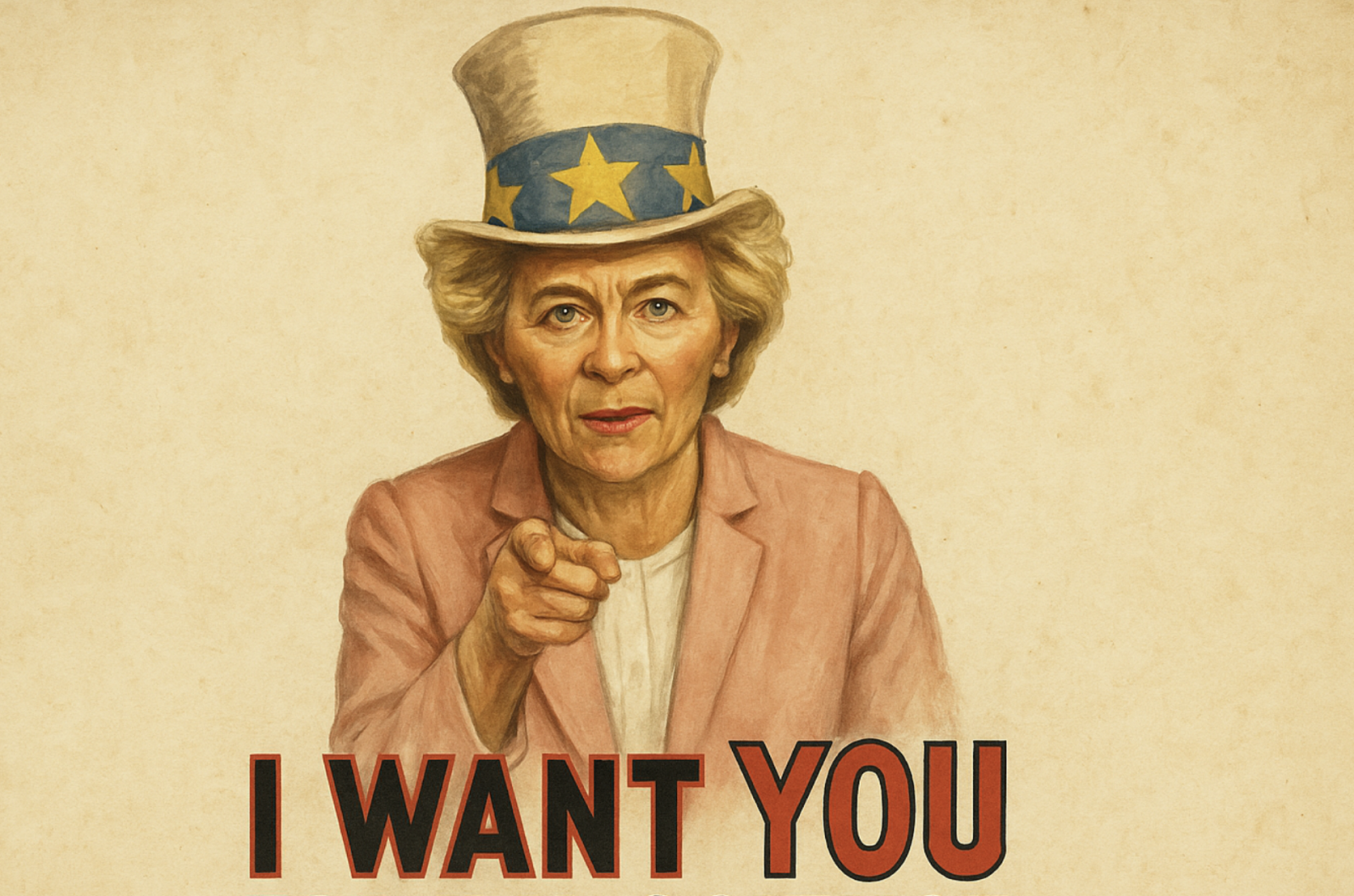La consulenza scientifica (science advice), ovvero scienziati e scienziate che consigliano i decisori politici: ecco il tema di questo episodio. Come funziona questa articolazione del rapporto tra scienza e politica? Quali sono le sue caratteristiche, difficoltà e opportunità? E quali sono gli impatti di due anni di pandemia? Esploriamo questi temi insieme ad Alessandro Allegra: ricercatore e professionista nell'ambito del science advice a livello europeo, nonché uno dei principali promotori dell’iniziativa Scienza in Parlamento. Un viaggio tra scienza e politica, tra riflessione critica e cultura pop, tra storia, attualità e futuro.
Scienza e politica pt. 1: La consulenza scientifica
Fonti e crediti
prossimo articolo
Europe’s Freedom of Research: €100 Billion for ReBrain Europe
In the 1930s, the disastrous Nazi-fascist policies induced an unprecedented exodus of at least 15,000 intellectuals - scientists and artists, Jews and non-Jews - to the United States. See. e.g., the historical accounts in Adorno, Fleming, & Bailyn: The Intellectual Migration.




